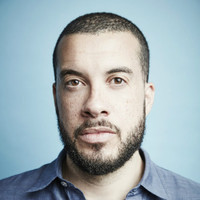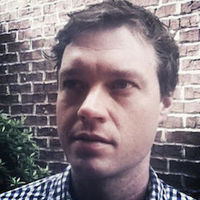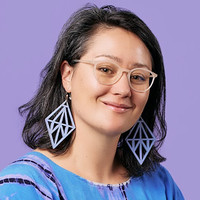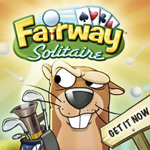Ann Friedman is a writer, editor and co-founder of Tomorrow.
"The notion of kissing up is super weird to me. You should always be kissing down and sideways, to the people who are going to be working alongside you and coming up behind you. I'm really aware of my impending irrelevance. ... I'm waiting for that day when I'm in dire need of work and 65 years old—because none of us are retiring, obviously—and I don't understand how to write on Google Glass or whatever we're composing on then. I want there to be some journalist who remembers when I got on the phone with her in 2013 and helped her negotiate for her first salary and throws me a fucking bone. I think about that moment a lot."</i>
Thanks to TinyLetter for sponsoring this week's episode!
</blockquote>




















